What’s going on with copyright and ChatGPT’s Ghibli-style images?
OpenAI's Ghibli-style image generator has gone viral—but not without raising serious copyright and ethical concerns, especially in light of Hayao Miyazaki’s past condemnation of AI art.
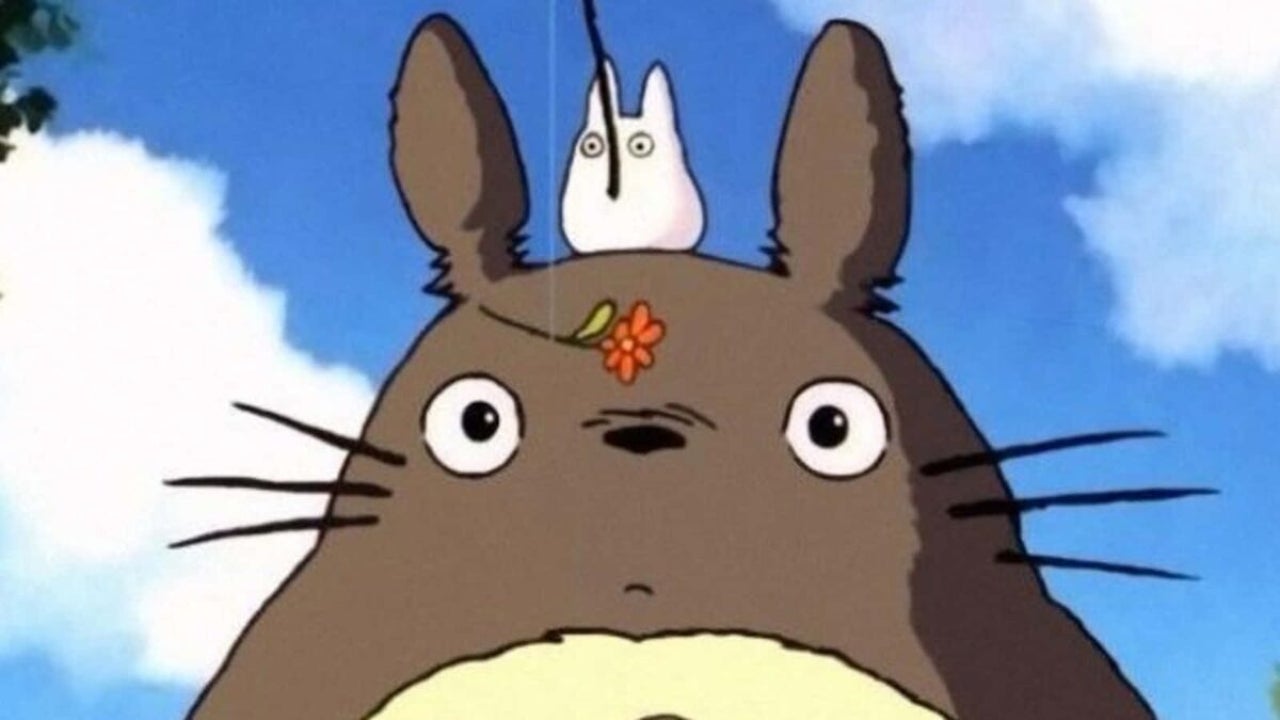
- March 27, 2025
- Updated: July 1, 2025 at 10:02 PM

OpenAI’s new image generator has taken the internet by storm, especially for its uncanny ability to produce images mimicking the iconic style of Studio Ghibli. The virality has sparked praise, memes—and a wave of criticism over possible copyright infringement. With the CEO of OpenAI, Sam Altman, even changing his profile picture to a Ghibli-style portrait, the controversy has only intensified.
AI-generated Ghibli art sparks legal and ethical concerns
Images of Elon Musk, Donald Trump, and even 9/11 recreated in Ghibli-style have flooded social media since the release of the new tool, which uses OpenAI’s advanced GPT-4o model. The generator allows users to create detailed visuals with just a few words, a leap from earlier versions that required more specific prompts.
But the technology’s success has raised alarm bells among artists, copyright holders, and Studio Ghibli fans. A resurfaced video shows director Hayao Miyazaki denouncing AI art as “an insult to life itself.” His disapproval highlights the tension between technological innovation and artistic integrity.
Meanwhile, OpenAI faces mounting lawsuits, including from The New York Times and numerous artists, accusing the company of using copyrighted works without permission. The company is lobbying lawmakers to push for AI training under “fair use,” a legal concept that remains heavily debated in these cases.
The backlash also underscores growing artist frustration: for many, it’s not just about legality but about respect and compensation in the digital age. Critics argue that replicating a style so closely—without collaboration or credit—crosses an ethical line.
Latest from Agencias
- Borderlands 4 was not what players expected and Gearbox is trying to make it up to them
- Identity management as a key to protecting data in the cloud
- Camp Rock 3 is already a reality, and it will bring together the Jonas brothers but will have a significant absence in its cast
- Jessica Chastain and Ben Stiller together as stars and producers in the new Apple TV+ series
You may also like
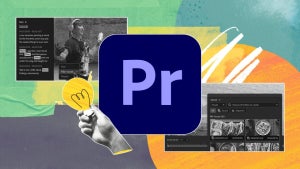 Article
ArticleAI Auto-Cut Deep Dive: Transform Long Videos into Engaging Shorts with Premiere Pro
Read more
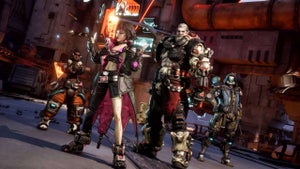 News
NewsBorderlands 4 was not what players expected and Gearbox is trying to make it up to them
Read more
 News
NewsIdentity management as a key to protecting data in the cloud
Read more
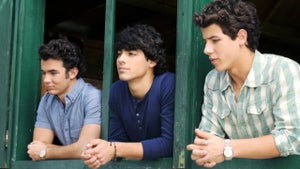 News
NewsCamp Rock 3 is already a reality, and it will bring together the Jonas brothers but will have a significant absence in its cast
Read more
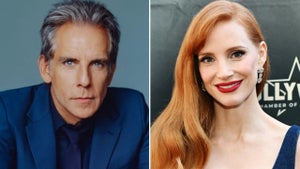 News
NewsJessica Chastain and Ben Stiller together as stars and producers in the new Apple TV+ series
Read more
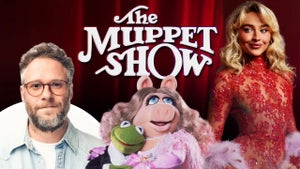 News
NewsThe Muppets will return next year in a special show with Sabrina Carpenter
Read more